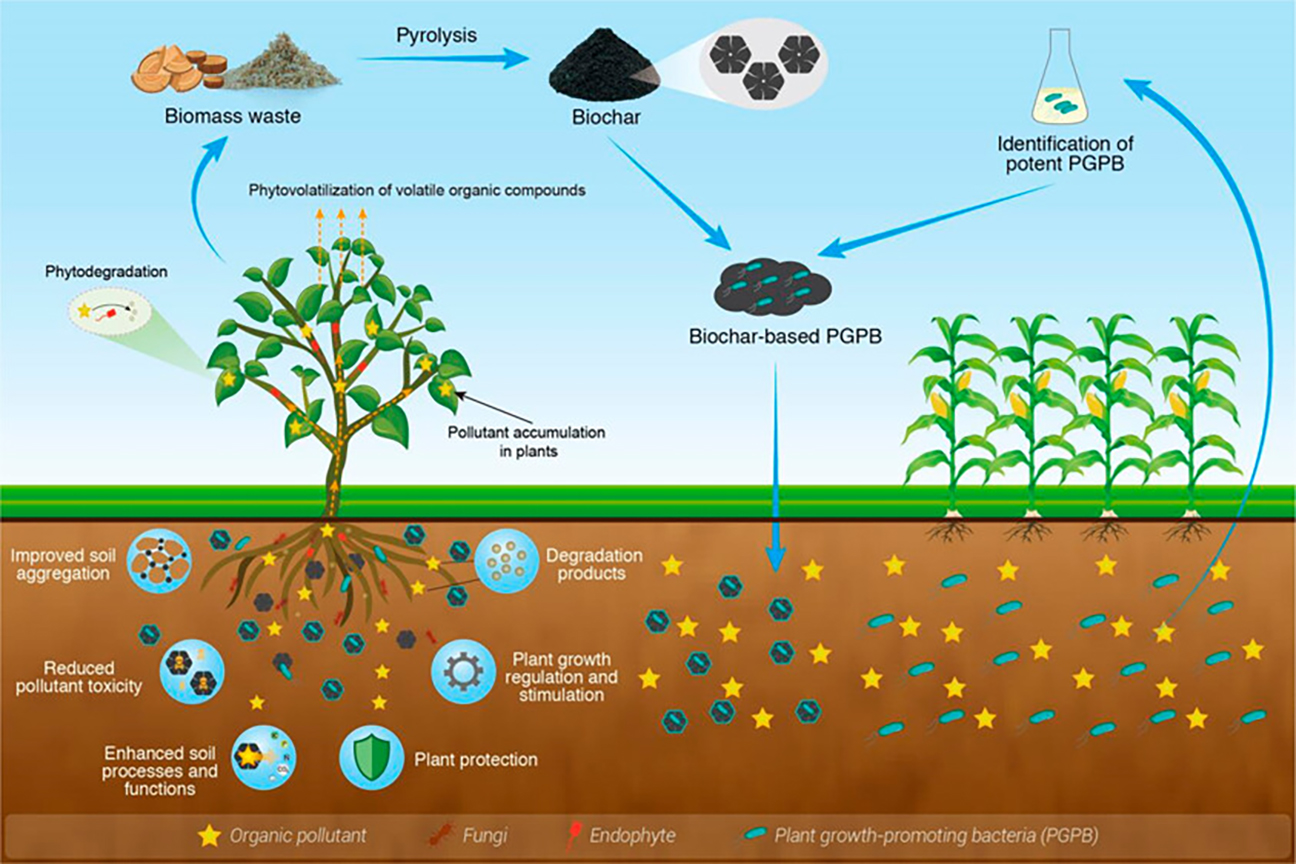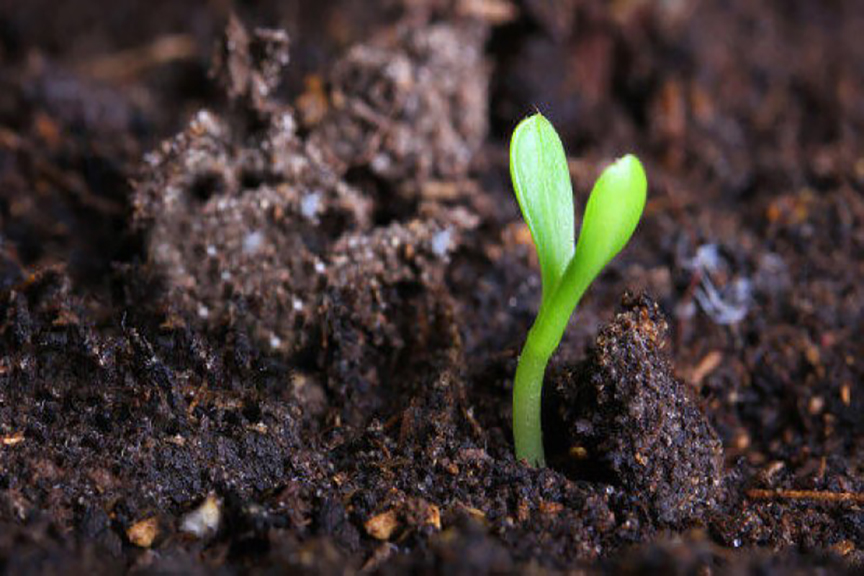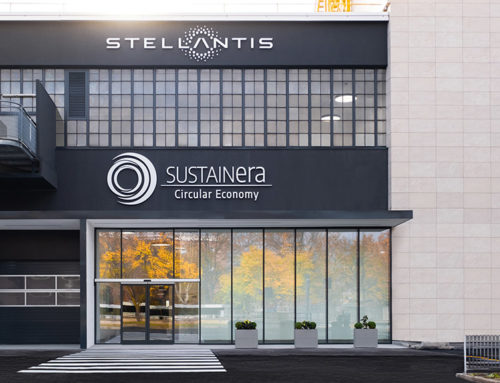A New Report Sheds Light on Potential Risks as Agriculture Embraces Biotech Innovation. In an era where regenerative agriculture is gaining momentum as a climate mitigation strategy, a groundbreaking report has raised concerns about the rapid commercialization of genetically engineered (GE) soil microbes. With biotech and agrichemical giants such as Bayer, BASF, and Pivot Bio developing and deploying these novel organisms, a shadow of uncertainty looms over the health and sustainability of our soils.
The advent of genetically engineered soil microbes represents a new frontier in agriculture. Unlike genetically modified crops, these microbes are living entities, capable of sharing genetic material with remarkable ease and traveling vast distances through the wind. A report by Friends of the Earth, a leading environmental organization, delved into this uncharted territory, shedding light on the potential implications and advocating for informed policy action.
The report emphasizes that GE soil microbes are fundamentally distinct from their crop counterparts. Their genetic modifications can traverse species and geographical boundaries in unpredictable ways. What’s more, the scale of their release is staggering – an application of GE bacteria can unleash approximately 3 trillion genetically modified organisms every half an acre, equivalent to the number of GE corn plants across the entire United States.

Healthy soil, teeming with microbial life, forms the bedrock of agriculture. Within the billions of species of microbes inhabiting our soils, less than one percent are scientifically understood. These microorganisms, including bacteria and fungi, play a pivotal role in agriculture, regulating global carbon and nitrogen cycles, enhancing soil structure, bolstering crop immunity, and unlocking vital nutrients for plant growth. The stakes are high; the health of our soil is central to the success of regenerative agriculture and our ability to feed a growing global population amidst a changing climate.
Kendra Klein, PhD, Deputy Director of Science for Friends of the Earth, voices a pressing concern, “Biotech companies are rushing to commercialize GE soil microbes with little scientific understanding of the potential consequences.” Recent scientific findings suggest that engineering organisms can lead to unintended genetic mishaps, and there’s the rare but catastrophic risk of creating invasive species or novel human pathogens. The release of GE microbes across vast agricultural landscapes is an open-air genetic experiment with potentially irreversible consequences.
As the world of agriculture ventures further into the realm of biotechnology, the emergence of genetically engineered soil microbes raises profound questions about the future of our soils and food security. With soil serving as the foundation of human civilization, responsible stewardship of this invaluable resource is imperative. The Friends of the Earth report sounds a critical alarm, urging policymakers and the public alike to consider the long-term consequences of this technological leap.






